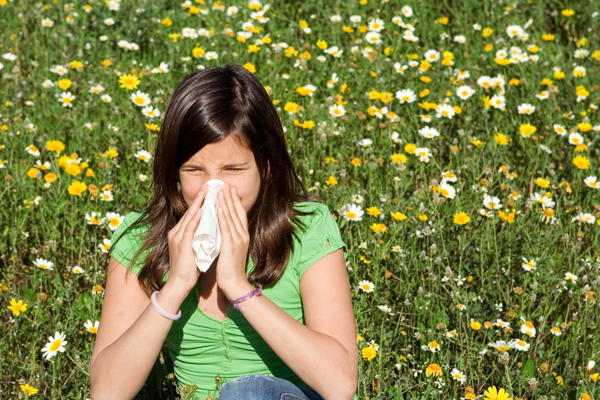
By JONATHON HOWARD
AN early flowering season and high temperatures with the increasing risk of bushfires has prompted the Asthma Foundation to issue a general warning to Southern Downs’ residents living with respiratory conditions.
Fire authorities have warned that winter rains added fuel to grassland regions and now warm temperatures and low rainfall are drying it out, creating an above-normal fire potential for the 2013-14 fire season.
To counter this threat the Rural Fire Service (RFS) has already started an extensive program of hazard reduction burns producing smoke that can trigger asthma symptoms or an attack.
“While wood smoke poses a health risk for asthmatics and people with other lung or respiratory conditions, the hazard reduction work that the RFS does now is vital to protect property and lives during the warmer months when bushfires are a threat,” Asthma Foundation CEO Michele Goldman said.
“The 1:10 adults and children who live with asthma should be aware that exposure to wood smoke could make asthma symptoms worse and trigger a potentially fatal attack.
“We should always be mindful that asthma claims the lives of over 400 Australians each year.”
Mr Goldman said weather patterns were no longer conforming to old seasonal norms. One of the warmest winters on record has produced a very high pollen count after only a week of spring.
“Scientists have warned that one of the side-effects of global warming may be that plants will have longer or more than one flowering season,” he said.“Pollens, which are drawn up into the atmosphere and distributed by wind and thunderstorms, are a major concern because 80 per cent of asthmatics also have allergies.
“Allergies trigger asthma attacks in 60-90 per cent of children and in 50 per cent of adults.”
An allergic reaction occurs when a person’s immune system overreacts to substances found in the environment known as “allergens”. Sneezing and itching are common visible signs.
While allergies are unpleasant enough for anyone, for people with asthma they are a particular problem because they can also trigger an asthma attack, causing airways to contract and making it difficult to breathe. Pollen is one of the most common asthma triggers.
“Spring is a very good time to see your GP to get or update your individual asthma action plan,” Mr Goldman said.
“People with written asthma action plans tend to have better asthma control, fewer attacks and less days off school or work.”
Keep track of pollen levels via the Asthma Foundation website www.asthmaaustralia.org.au






